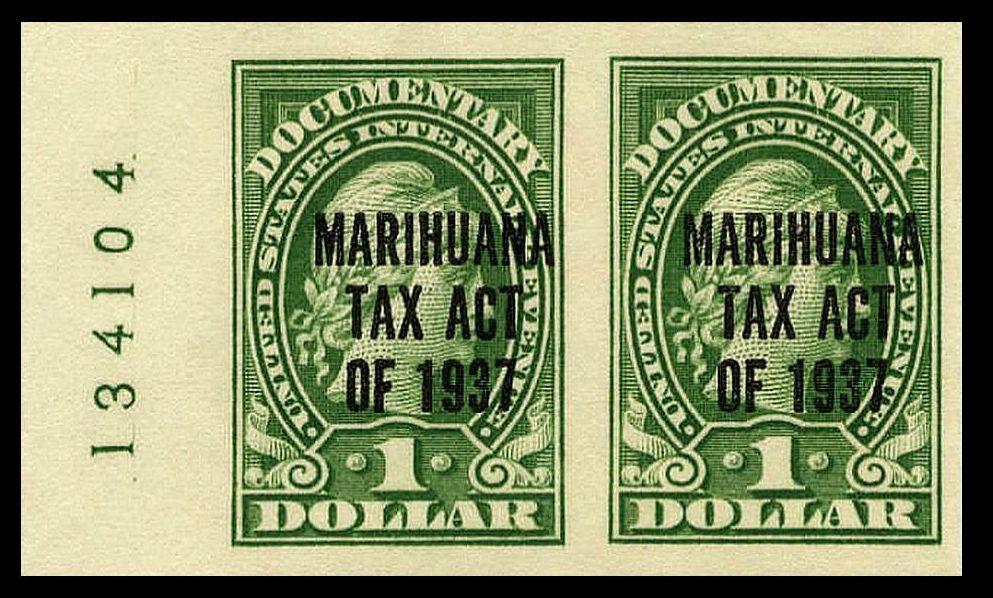A Taxing Situation
Let's take a trip back to the 1930s. A time of flappers, gangsters, and a growing fear of a new, mysterious substance: marijuana. Amidst the Great Depression and the rise of organized crime, the U.S. government took a hardline stance against cannabis, enacting a law that would have far-reaching consequences.
The Birth of a Bogus Law
In 1937, the Marihuana Tax Act was signed into law. At first glance, it might seem like a simple tax on marijuana. However, the real intention was to effectively criminalize the plant. The act required individuals involved in the cannabis trade to register with the federal government and pay a hefty tax.
To comply, one had to admit to possessing marijuana, which was illegal under federal law. It was a classic case of a catch-22, designed to ensnare anyone involved in the cannabis industry.
The Man Behind the Madness
A key figure in the push for marijuana prohibition was Harry Anslinger, the first commissioner of the Federal Bureau of Narcotics. Anslinger was a staunch opponent of cannabis, often resorting to fear-mongering tactics to sway public opinion. He painted a picture of marijuana as a dangerous drug that could turn people into violent criminals.
The Impact of the Act
The Marihuana Tax Act had a profound impact on cannabis culture and policy. It led to the widespread arrest and imprisonment of individuals, many of whom were marginalized and often targeted due to racial bias. It also stifled scientific research into the plant, delaying our understanding of its potential medical benefits.
The Act's Demise
Fortunately, the Marihuana Tax Act didn't last forever. In 1969, the Supreme Court struck down the law in *Leary v. United States*. This landmark decision paved the way for the eventual legalization of medical and recreational marijuana in many states.
A Lesson from History
The Marihuana Tax Act serves as a reminder of the government's historical overreach and the power of misinformation. It’s a cautionary tale about the dangers of fear-mongering and the importance of evidence-based policy.
As we continue to work towards a more just and equitable cannabis industry, it's crucial to learn from the mistakes of the past. By understanding the history of marijuana prohibition, we can better advocate for sensible drug policies and work towards a future where cannabis is treated with respect and understanding.












The Hempfather: A Tribute to Jack Herer
Delta 8 THC: A Milder High, A Legal Gray Area